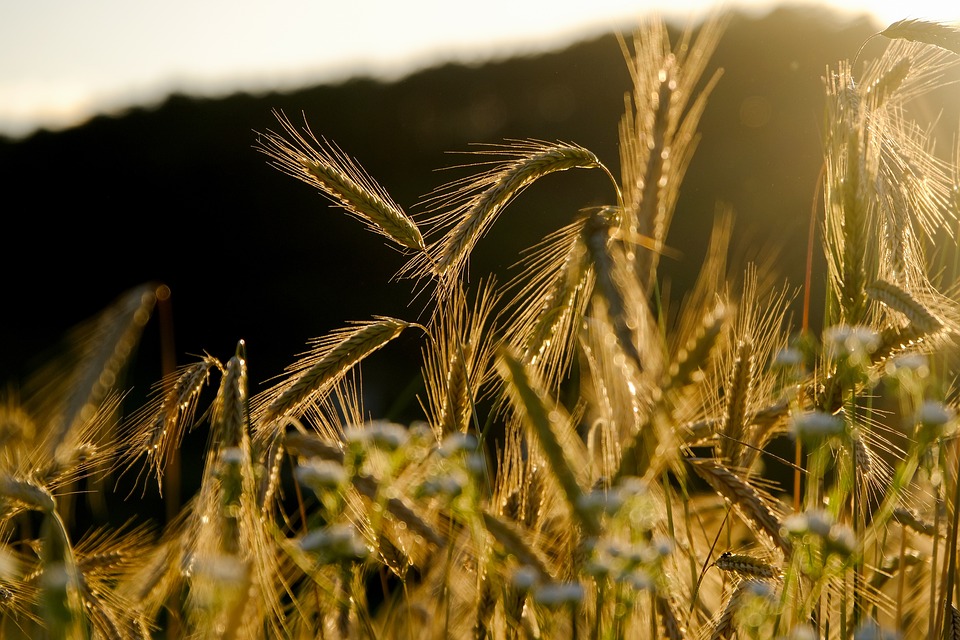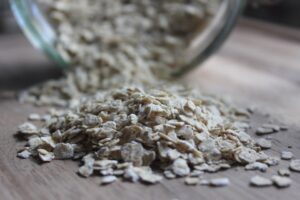Innovations in Rye Farming Techniques in Russia
Rye is a staple crop in Russia, with its cultivation dating back centuries. However, with changing climate patterns and the need for sustainable farming practices, Russian farmers have been exploring innovative techniques to improve rye cultivation. These advancements in rye farming not only increase yields but also reduce environmental impact and improve the overall quality of the crop. In this article, we will discuss some of the latest innovations in rye farming techniques in Russia.
1. Precision agriculture
Precision agriculture is revolutionizing the way rye is cultivated in Russia. This technique involves using technology such as GPS, drones, and sensors to collect data on soil conditions, crop health, and weather patterns. By analyzing this data, farmers can make informed decisions on when to plant, fertilize, and harvest their rye crop. This precision farming approach allows for better resource management, increased yields, and reduced environmental impact.
2. No-till farming
No-till farming is another innovation that is gaining popularity among Russian rye farmers. This technique involves planting crops without tilling the soil, which helps to preserve soil structure and reduce erosion. No-till farming also improves water retention and reduces the need for chemical inputs. By adopting this practice, rye farmers in Russia are seeing higher yields and better soil health.
3. Cover cropping
Cover cropping is being used by Russian rye farmers to improve soil fertility and reduce erosion. Cover crops such as legumes and grasses are planted between rye crops to add nutrients to the soil and prevent nutrient runoff. This practice also helps to suppress weeds and improve soil structure. By incorporating cover crops into their farming systems, Russian rye farmers are seeing increased yields and healthier soil.
4. Water-saving techniques
Water-saving techniques are crucial for rye farming in Russia, where water scarcity is a growing concern. Farmers are adopting drip irrigation systems, furrow irrigation, and rainwater harvesting to conserve water and maximize crop production. These techniques help rye farmers to effectively manage their water resources and ensure that their crops receive the right amount of moisture. By implementing water-saving techniques, Russian farmers can mitigate the impacts of drought and climate change on their rye crops.
5. Organic farming practices
Organic farming practices are becoming more common among Russian rye farmers who are looking to produce high-quality, sustainable crops. By using natural fertilizers, crop rotation, and biological pest control methods, farmers can reduce their reliance on synthetic inputs and minimize their environmental impact. Organic rye farming also improves soil health and biodiversity, leading to healthier crops and ecosystems. With the increasing demand for organic rye products, Russian farmers are turning to organic farming practices to meet market demands.
6. Data-driven decision-making
Data-driven decision-making is helping Russian rye farmers to optimize their farming practices and increase productivity. By collecting and analyzing data on soil composition, weather patterns, and crop health, farmers can make informed decisions on how to best manage their rye crops. This data-driven approach allows farmers to adjust their planting schedules, nutrient applications, and irrigation practices to maximize yields and minimize waste. With the help of advanced analytics and technology, Russian rye farmers are improving the efficiency and sustainability of their farming operations.
7. Climate-smart agriculture
Climate-smart agriculture is a holistic approach that combines sustainable farming practices with climate adaptation strategies. Russian rye farmers are implementing climate-smart agriculture techniques such as agroforestry, agroecology, and crop diversification to improve the resilience of their farming systems. By incorporating these practices, farmers can mitigate the impacts of climate change, reduce greenhouse gas emissions, and enhance the productivity of their rye crops. Climate-smart agriculture is helping Russian farmers to adapt to changing environmental conditions and secure the future of rye farming in the region.
In conclusion, the innovations in rye farming techniques in Russia are transforming the way this staple crop is grown. From precision agriculture to organic farming practices, Russian farmers are embracing sustainable and innovative methods to improve yields, reduce environmental impact, and meet market demands. With advancements in technology and a focus on sustainability, the future of rye farming in Russia looks promising.





